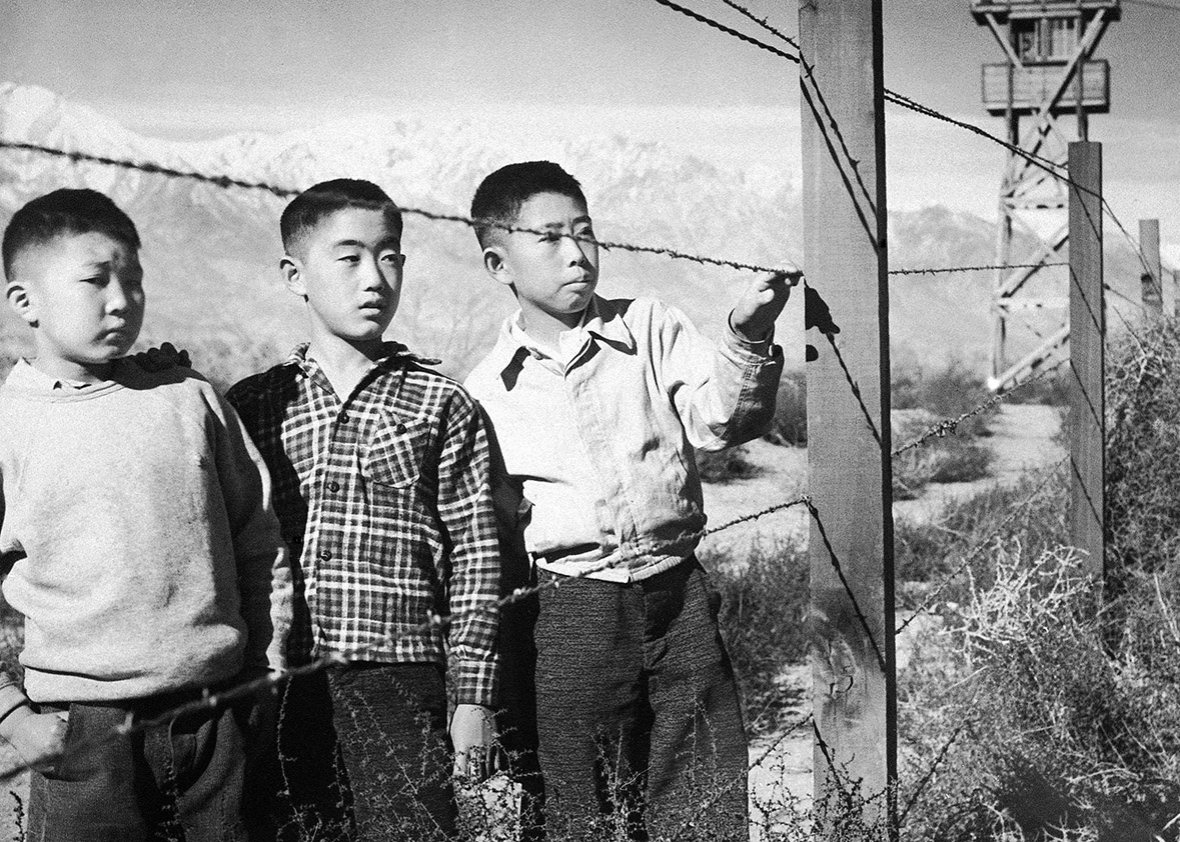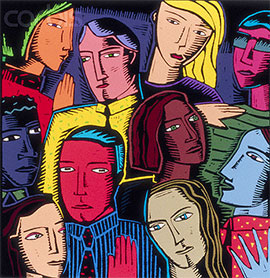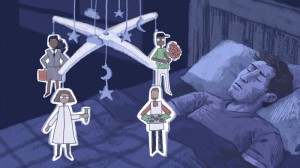Tag: Bias
A Conversation With Black Women on Race

Click Here to watch a short documentary in which black women talk about the challenges they face in society.
This latest installment of the NYTimes “Conversation on Race” Op-Doc video series highlights the negative emotional impact of racist attitudes on black women’s lives. Everyone we reached out to for this project was eager to tell her most intimate stories of pain and discrimination, from childhood, to work, to profiling by the police. We hope that in sharing them, we are helping to complicate the public representations of black women and girls — highlighting the unique challenges they face, as well as experiences and feelings that are universal.
From Harriet Tubman to Ida B. Wells to Dorothy Height, black women have been heavy presences in social justice movements throughout history. However, issues particular to these women are often relegated to secondary status in our collective consciousness. This seems to be changing. Recent events in Texas, Baltimore and Missouri show that black women are again in leadership roles, and are speaking out against the mistreatment they regularly experience. But in our nation’s current movement for social justice, women’s voices need a louder bullhorn. Conversations like the one we’re hoping to start with this Op-Doc are a first step to understanding, and to changing.
See below to watch the other installments of this Op-Docs series:
“A Conversation With Police on Race”
“A Conversation With My Black Son”
Prison sentences are getting shorter. But racial disparities are getting worse.
/cdn0.vox-cdn.com/uploads/chorus_image/image/47510833/53460365.0.0.jpg)
A new study conducted after a 2005 Supreme Court decision gave judges more flexibility in sentencing suggests that this newfound judicial discretion is being used to help white defendants more than black ones. Judges determines a prison sentence by consulting a set of federal guidelines which provides a recommended range of term length based on factors like the offense and the defendant’s criminal history. The study shows that given the same recommended sentence on almost any crime, white offenders receive a shorter punishment than black offenders — a disparity that has grown since 2005.
This creates an unfortunate double bind for those who aspire for equality in the criminal justice system: When judges are given more power in setting sentences, people are punished differently for the same crimes. When judges lack that power, everyone is treated harshly in court, especially the black Americans who already experience racial bias in the justice system through disproportionately more arrests and criminal charges.
Click here to read more.
Questions
What are some contributing factors for this disproportionate amount of arrests, charges, and lengthy convictions for black Americans?
Is there a foreseeable solution for this problem of racial bias in our criminal justice system?
Do you think that judges should have more or less freedom in sentencing? Why?
Why police so often see unarmed black men as threats
/cdn0.vox-cdn.com/uploads/chorus_asset/file/664892/race_arrests.0.png)
Click here to read about how subconscious bias helps contribute to the many racial disparities in law enforcement, and how better police training can help overcome this implicit bias.
/cdn0.vox-cdn.com/uploads/chorus_image/image/37243120/453851528.0.jpg) Police arrest a protester in Ferguson, Missouri.
Police arrest a protester in Ferguson, Missouri.
Hey Donald Trump: Japanese internment was paranoid and racist

Republican presidential candidate Donald Trump said he’s not sure if he would’ve supported or opposed Japanese internment during World War II.
He told Time Magazine that he “hates the concept of it,” but added: “War is tough. And winning is tough. We don’t win anymore. We don’t win wars anymore.”
To be clear, Japanese American internment is almost universally considered one of the most egregious things the United States has done to an entire ethnic group…

Click Here to read on.
Think Campus P.C. Is Out of Control? Look at the Military.
VIDEO: Jane Elliot Brown-eye/Blue-eye Experiments
Take this Racism Test…
Click here for Test and Article
Until we better understand how to actually reduce innate bias, the best we can do is try to ensure our prejudices affect our decisions as little as possible, Greenwald says. For instance, he says, “blind auditions for musicians can work really well.” And taking the names off resumes can help ensure that hiring managers don’t choose candidates based on gender or race.
“Until our culture changes to the point where we don’t have these negative ideas about certain groups,” Greenwald says, “it may be that our implicit biases are probably here to stay.”
Take this test to see how racist or homophobic you might be. This article addresses the ways in which some of us are more racist then we might think. By uncovering these biases, scientists have looked for ways to minimize our biases as a means to help end or aid in the end of racism. So far tackling the problem while we are sleeping seems to be the most helpful.
11 Types Of Racists
If there’s one thing to know about racism, it’s that racism (and race) is incredibly complex. Many people think racism means one group of people hates another group of people. However, racism manifests in all kinds of subtle and insidious ways. It operates on both a micro and macro level. For this reason, it’s so hard to talk about racism, or even recognize it when it’s going on.
So sorry, just because you’re not burning crosses on some black person’s lawn doesn’t necessarily mean you’re not part of the problem. It’s important that we recognize the different ways racism exists in the world, because being aware is the first step in fixing the problem. The fact of the matter is, there’s no one specific kind of racism or racist. There are many types of racists, and they come in all forms, from the blatant to to the inconspicuous. Below is a list of just a few of the different kinds….
Click here to read more.
The Effects of Seeing Asian-Americans as a ‘Model Minority’

Click here for the NYTimes article discussion.


